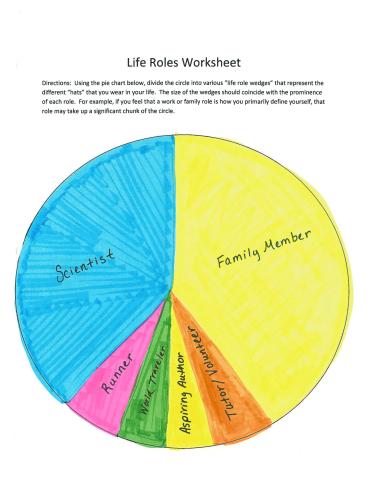Burnout, described by the Mayo Clinic as “a state of physical, emotional or mental exhaustion, combined with doubts about your competence and the value of your work,” is very common not only in the health care profession, but in many different sectors of work.
The health care profession in particular was looked at in an article in Mindful magazine, which showed that nearly half of doctors in the U.S. report symptoms of burnout.




